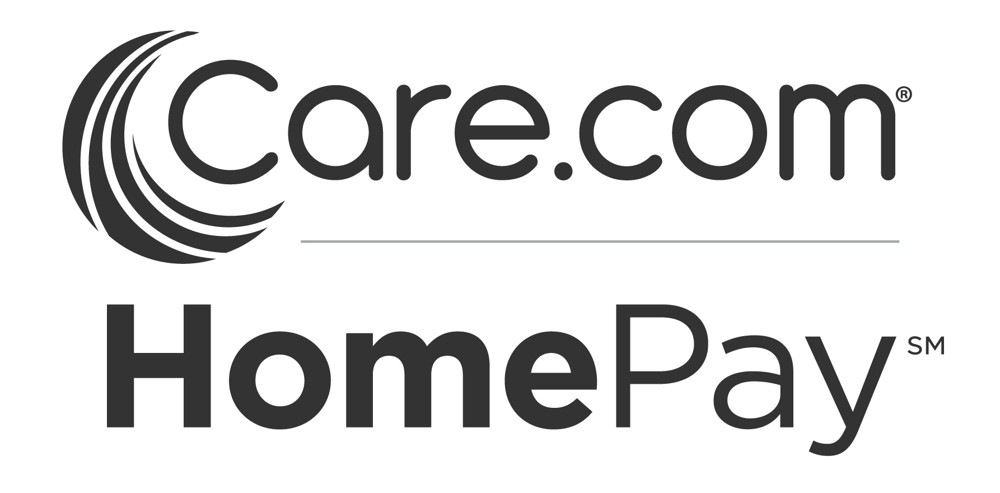Some of us may think that the health, disability, and life insurance we receive through our employers, and basic home and car insurance is enough to protect us no matter what happens. But did you know there may be gaps in your insurance coverage? Experts share the nine other insurance policies you should have but likely don't.
One evening a few years ago, Gerri Sanders* returned from work to an unexpectedly messy home. “Our housekeeper Susannah was supposed to have come by, but nothing had been straightened up,” she says. A few minutes later, Susannah’s son called with awful news: While Susannah had been cleaning the Sanders’ home, she’d climbed a ladder to reach a cobweb and had fallen, breaking her leg. Fortunately, she’d managed to call an ambulance.
“I was very worried about Susannah,” says Sanders, a mother of two in Scarsdale. “Then I also started worrying that she’d sue us and we’d lose everything, because she’d gotten hurt on our property while working for us. I didn’t sleep all night.” In the morning, Sanders called her insurance company and got some reassuring news: Among the family’s various policies was workers compensation, a type of insurance that provides wage replacement and/or medical benefits to workers hurt on the job. Susannah’s fall would be covered. “I was so relieved, I cried,” Sanders says.
Insurance isn’t something people spend a lot of time thinking about until they need to use it. While Sanders got lucky, many people find out too late that they are underinsured or not covered at all for their or their employees’ illnesses, accidents, and other adverse events. Don’t be one of them! We asked experts what kinds of policies families typically overlook but may need—read on for their advice, and check with your insurance agent to determine which plans are right for you.
Disability Insurance for Both Parents
“The most important insurance, statistically, is long-term disability coverage,” says Lou Cannataro, founder of and partner at Cannataro Park Avenue Financial. “We’ve got over a twenty-five percent chance of getting sick or hurt at some point in our lives and not being able to work.” Don’t count on your workplace disability insurance (if you have it at all) to provide you as much as you’ll need—typically these policies only cover a portion of your lost wages.
Life Insurance for a Non-Working Spouse
You likely have life insurance for the family breadwinner, but how about the at-home parent (if there is one)? “It’s a no-brainer,” Cannataro says. “That non-working spouse is extremely important,” he stresses, even though he or she isn’t earning a salary. Think of what would happen should the at-home parent pass away, he explains: “Would the working parent be able to be in the seven o’clock meeting at work? Who would be taking care of the kids at home? It’s a phenomenal expense.” A life insurance policy will help cover the cost of sitters, drivers, and others. “Also if there are insurance proceeds to pay off mortgages and fund college education, then there is less pressure on the working spouse to earn that higher income,” Cannataro says.
Workers Compensation Insurance
Being a parent often means having workers, such as cleaners or nannies, in the home. As Sanders learned, workers compensation insurance can help protect against claims domestic employees may bring for accidents on the job. (These accidents, by the way, don’t have to be in your residence—a worker could file a claim if he gets hurt while walking your dog around the neighborhood, for instance.) “It will cover hospitalization or medical care and replaces some of the income the worker may lose for not being able to work,” says Guy Maddalone, a licensed insurance broker and founder of GTM Payroll Services and GTM Employment Benefits.
In fact, families in New York that hire an in-home nanny for 40 or more hours per week are required to carry workers’ compensation. “The penalties for being out of compliance are steep,” Maddalone warns. “A family can be fined as much as two thousand dollars for every ten days that they did not have workers compensation coverage. On top of that, if their nanny does get hurt on the job, the family may be liable for medical expenses and lost wages.” Worth noting: If you hire a nanny to work 40 hours per week, even for just one week, you need to have workers compensation insurance in place for the entire year.
Disability Insurance for Domestic Employees
This insurance is also mandatory if you have a full-time domestic employee, Maddalone says. It covers employees for things that happen while they’re officially employed that prevent them from working, but that occur outside of work. Some examples: An employee hurts her back while at home, or is pregnant and needs to leave the job to have her baby. (Household employees are also eligible for New York’s Paid Family Leave program, which provides a portion of their wages for six weeks if they must take a leave for qualified reasons, such as the birth of a child.) Many homeowners insurance policies won’t be able to add on workers compensation or disability insurance, Maddalone notes—you may need to go to another carrier to get these.
Get the Best Family Activities
Sent to You Weekly!
Auto Insurance for a Nanny or Other Household Employee
“Add your nanny to your insurance policy if she will be regularly using your car,” advises Michael Foguth of Foguth Financial Group. “If she uses it only on rare occasions, you might not need to.” (Ask your insurer.) If your nanny uses her own car on the job, “ask to see a copy of her auto insurance policy, and make sure that it hasn’t lapsed,” Maddalone recommends.
An Umbrella Policy
This policy protects you when the rain really falls, so to speak. “Umbrella insurance provides for additional coverage beyond that of your homeowners and car insurance,” says Andrew Schrage, co-owner of Money Crashers Personal Finance. If someone is hurt in a car accident you’ve caused and sues you for a million dollars, for instance, your umbrella policy will help cover the amount that’s beyond the limits of your auto insurance. “An umbrella policy also protects you for other types of circumstances that you never had insurance for—for example, if you’re skiing and you accidentally run into another skier who then sues you,” Maddalone says.
Pet Insurance
If you’re like many people, you probably consider your pet part of the family. So does it pay to have health insurance for your furry friend in case he needs surgery or other expensive treatments? The answer is a resounding “maybe.” If you have enough money put away that a $1,000 or $1,500 bill won’t be damaging to your finances, you probably don’t need it, says Jason Hargraves, managing editor of InsuranceQuotes.com. Another factor to consider is your pet’s age: “If your pet or pets are in rather good health and young, it probably isn’t necessary. If they’re older and have had health issues, it might be worthy of consideration,” Foguth says.
Before signing on the dotted line, “find out what is covered and what the process is for you to be reimbursed,” Hargraves says. “Some kinds of procedures may not be covered, or it might take months for you to get paid back—make sure you know forward and backward what is insured.”
Trip Insurance
You’ve planned a family trip, but what happens if someone gets ill, your luggage gets lost, or you have to come home early due to an unforeseen circumstance? “Travel insurance for a family vacation is a good idea as long as you know exactly what it does and doesn’t cover, and that coverage matches up with your needs,” Foguth says. (A policy may not cover a flare-up of a pre-existing condition, for instance.) And before you purchase a policy, “look at what you already have. Sometimes your credit card will cover you for trip cancellation,” Foguth points out.
Theater Ticket Insurance
It’s no secret that theater tickets for the family are expensive. What you might not know, though, is they’re insurable, generally for about $20 or less. Is it worth it? “First ask yourself if you could resell the tickets if you couldn’t go at the last minute,” Hargraves says. “And make sure what the insurance would pay out and the process of paying it out. But I would certainly go for it if it will give you peace of mind.”
*Name has been changed.







